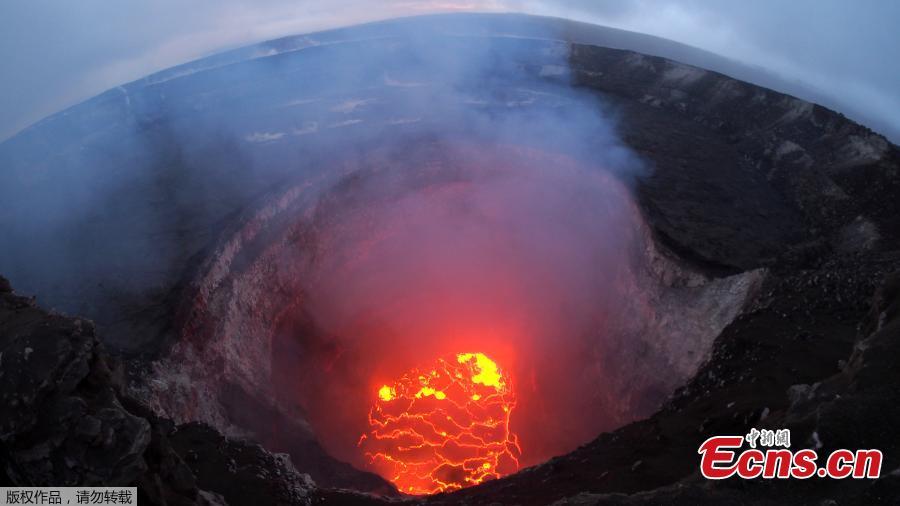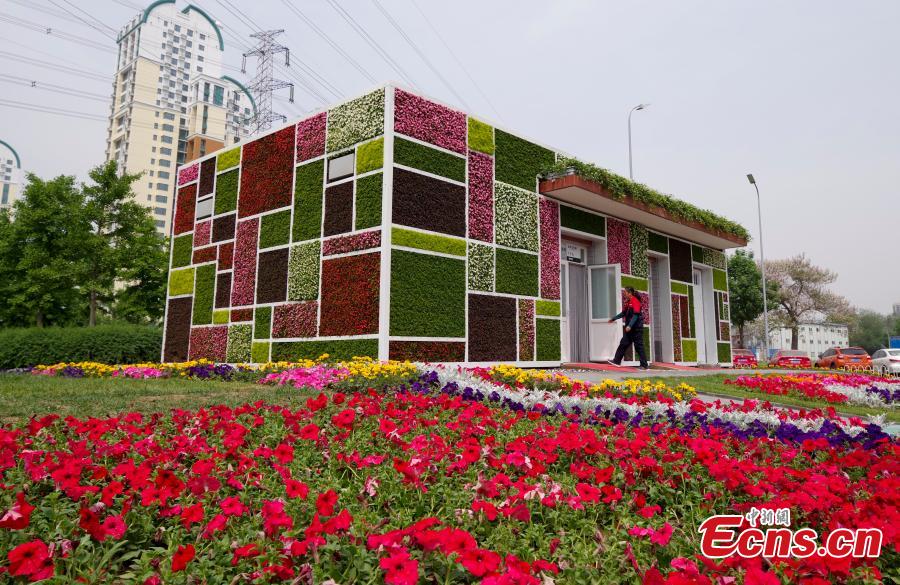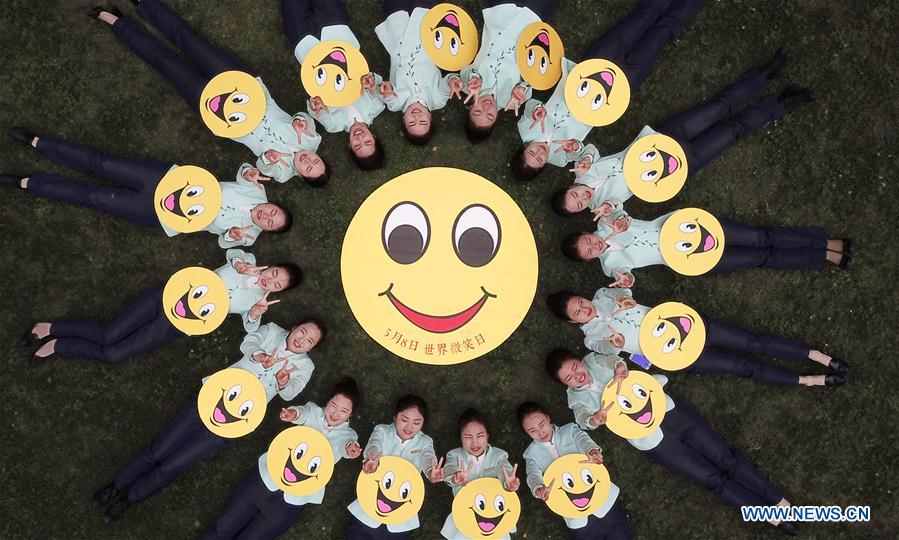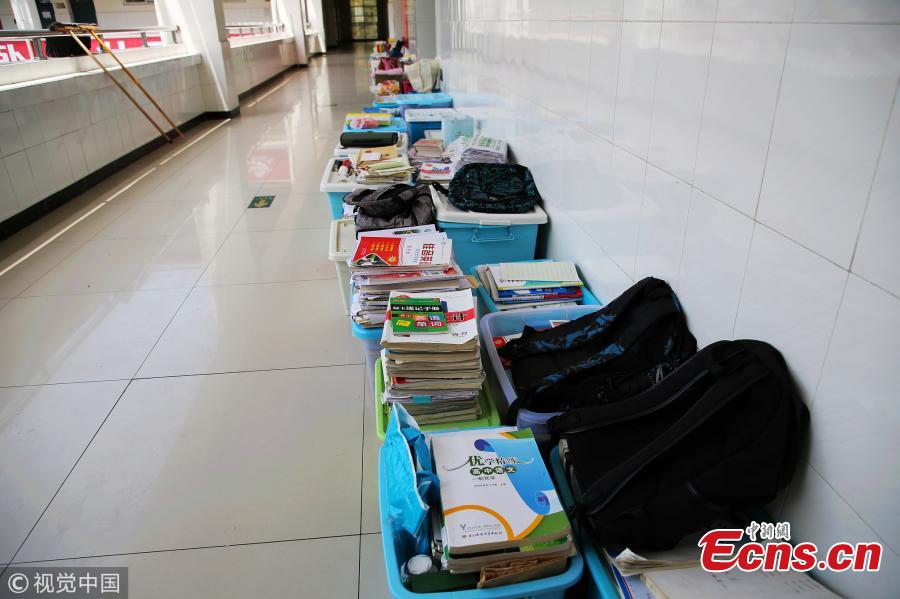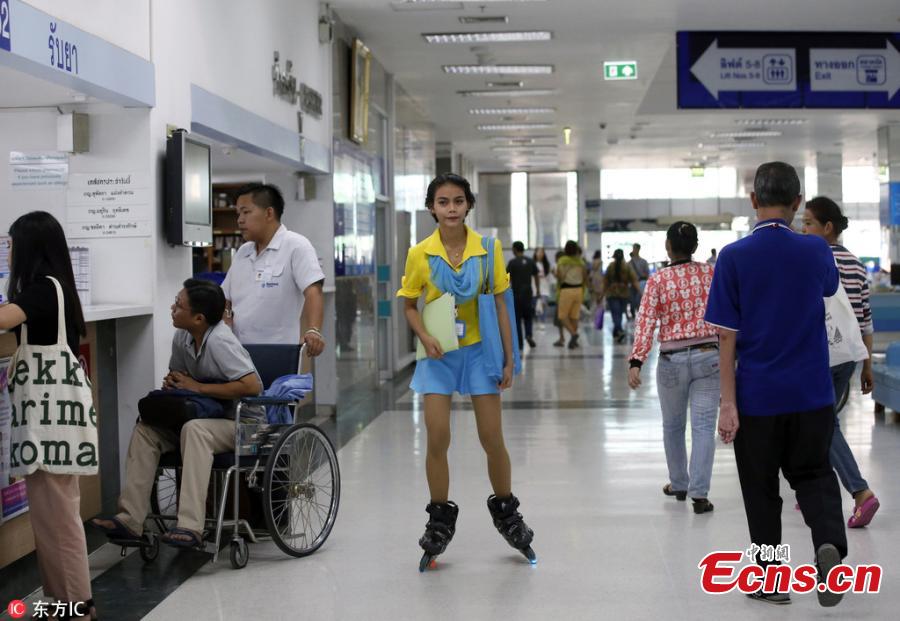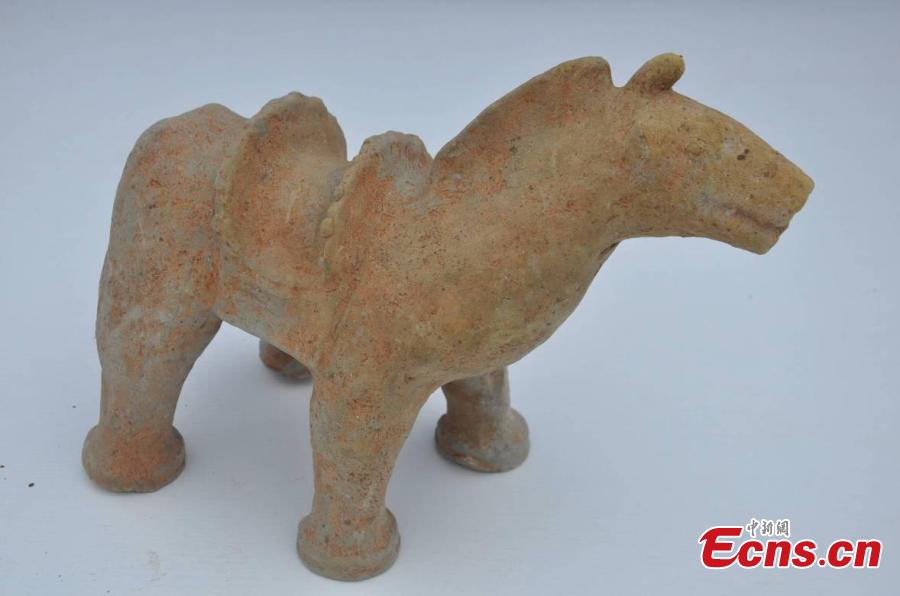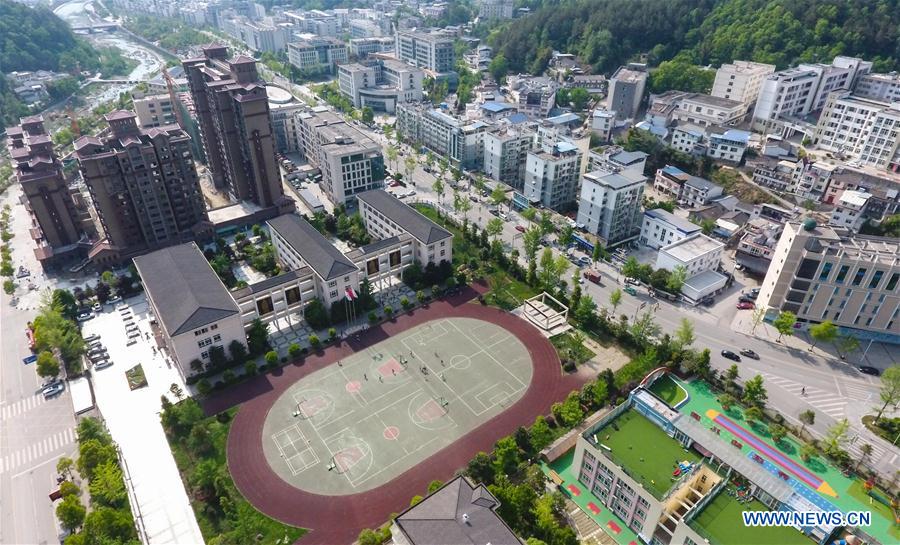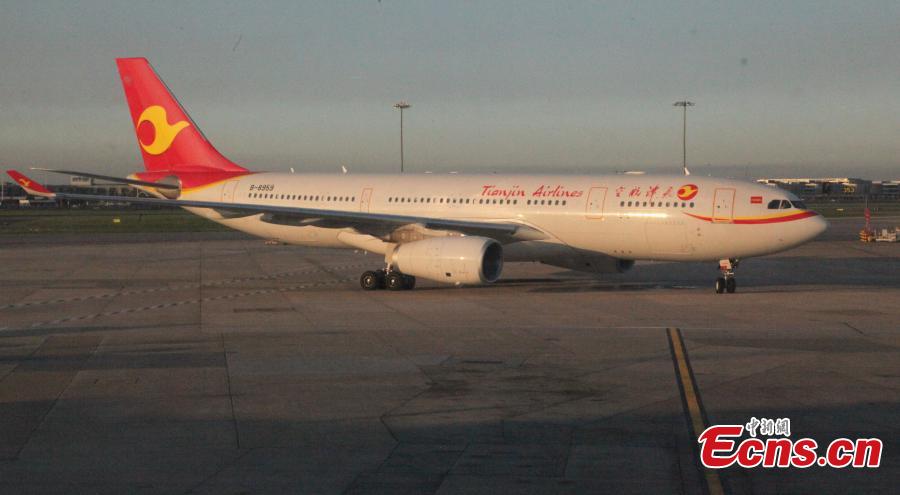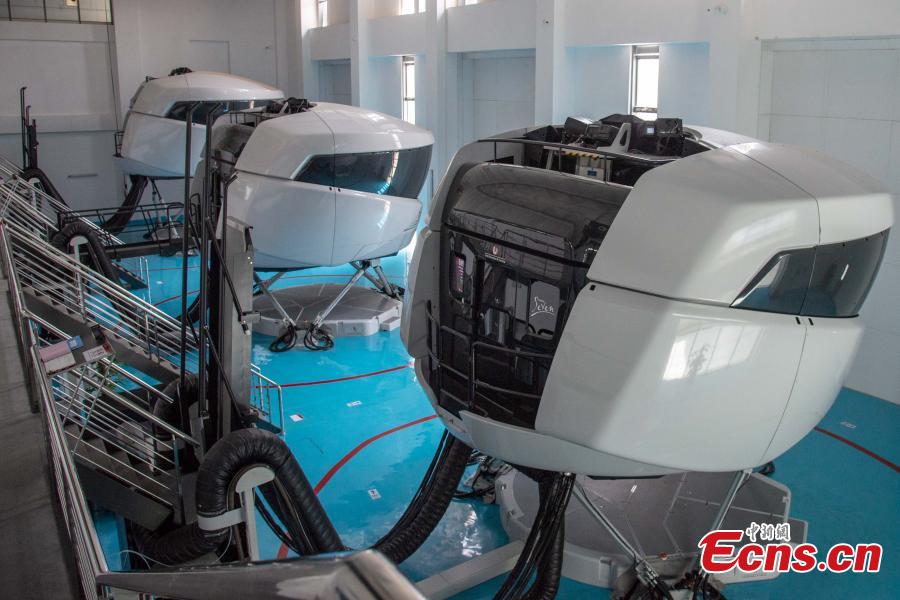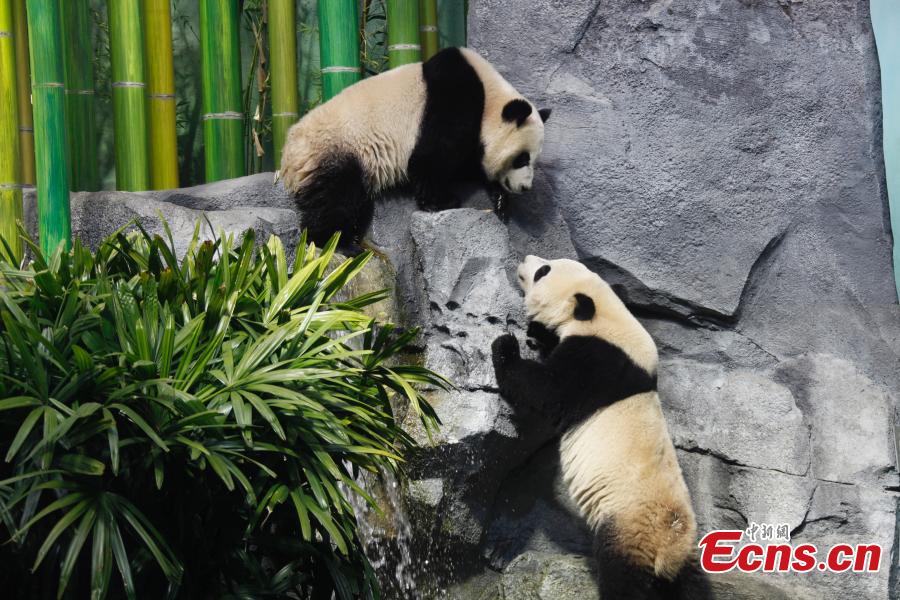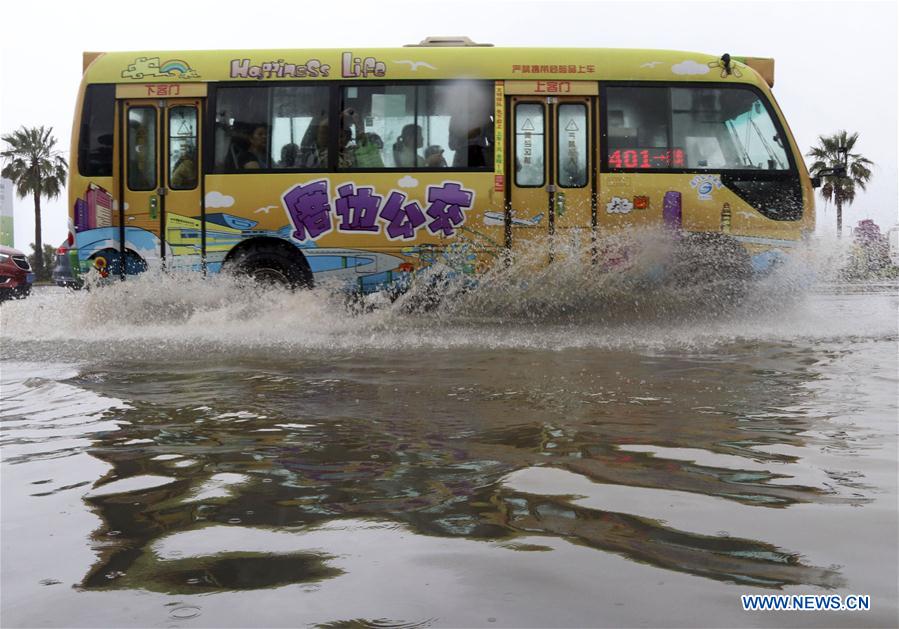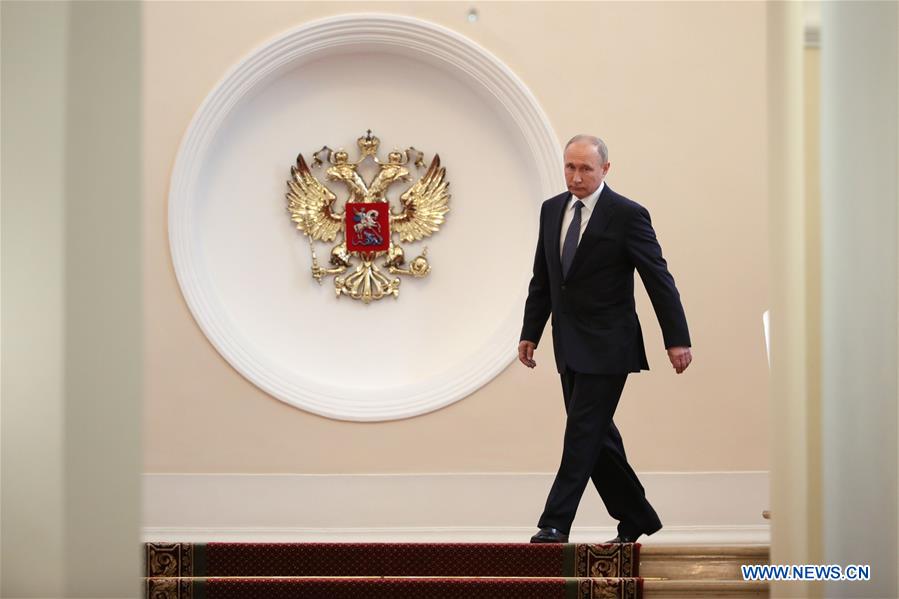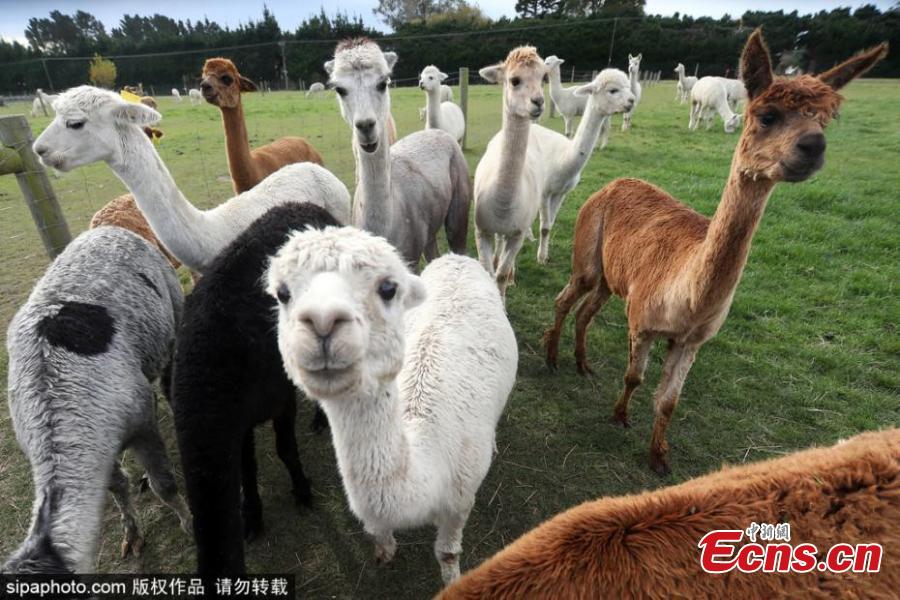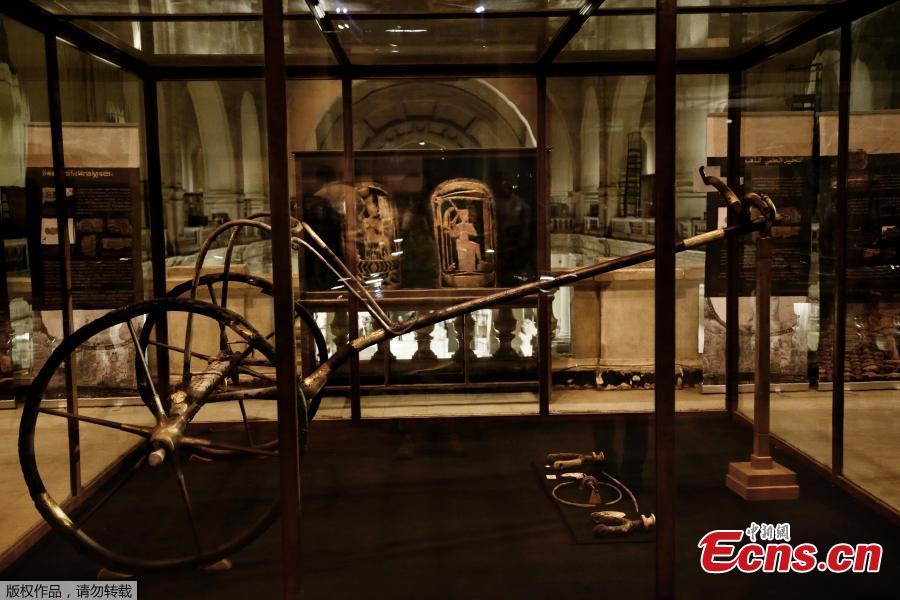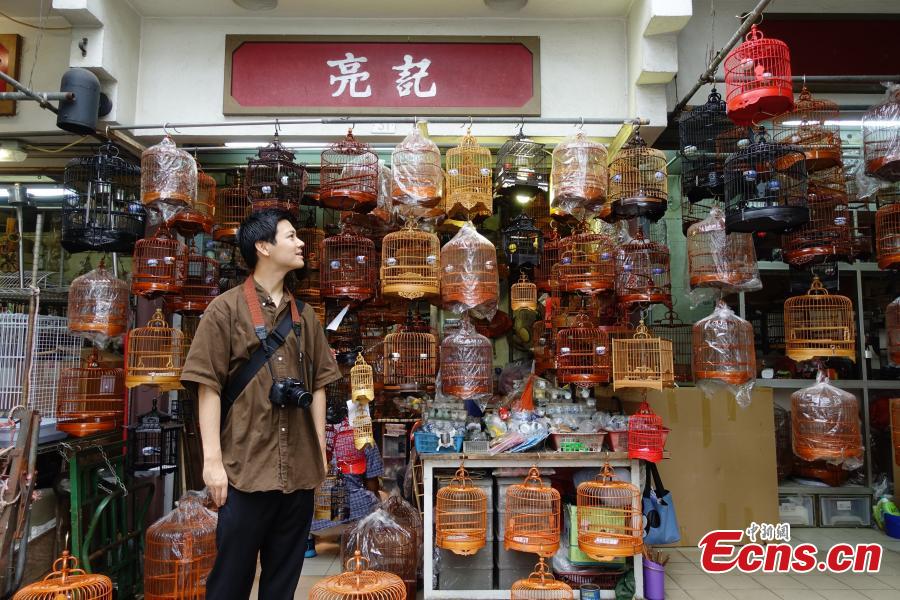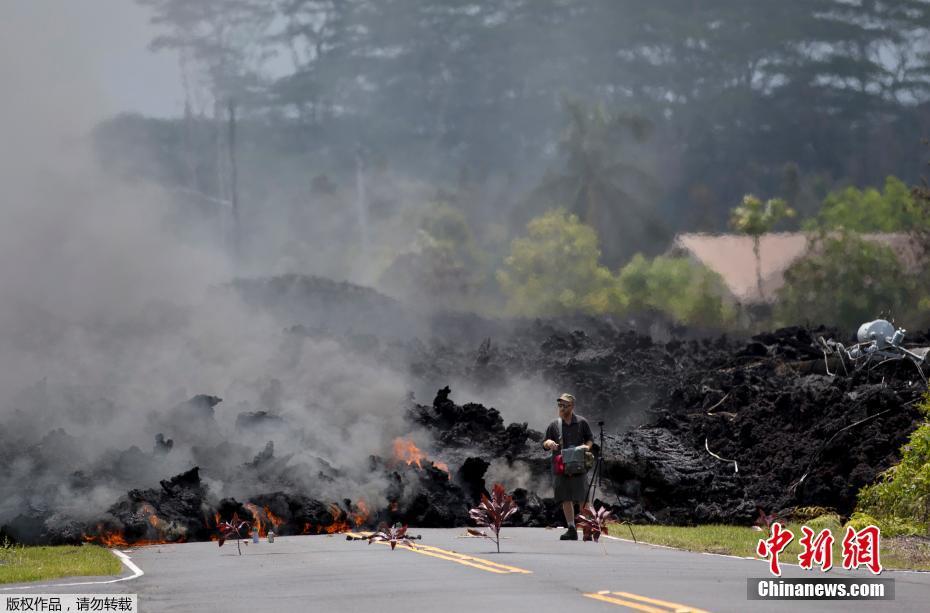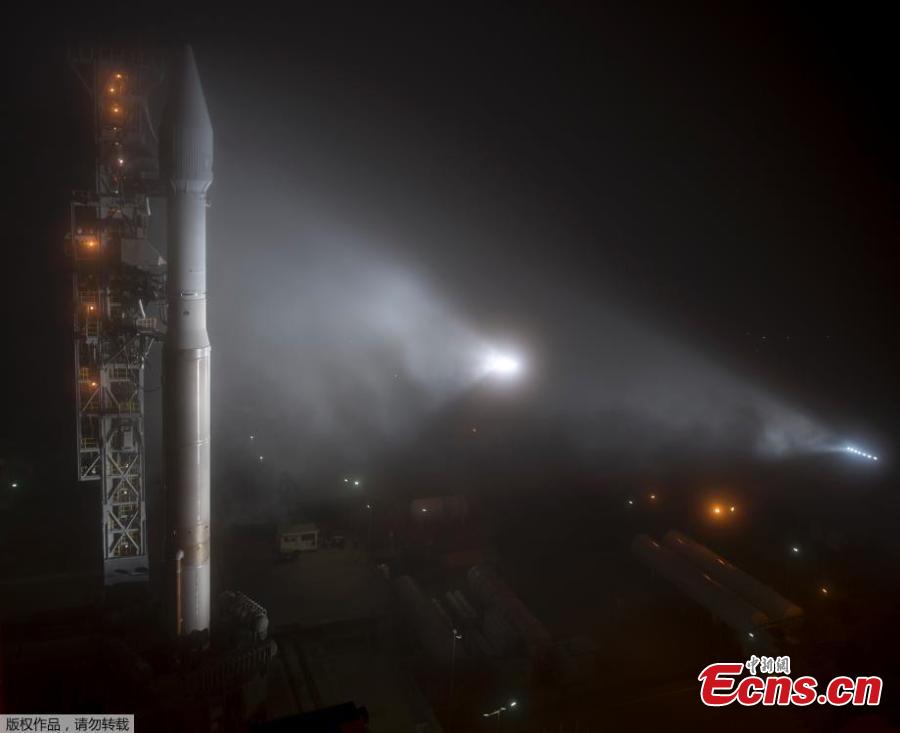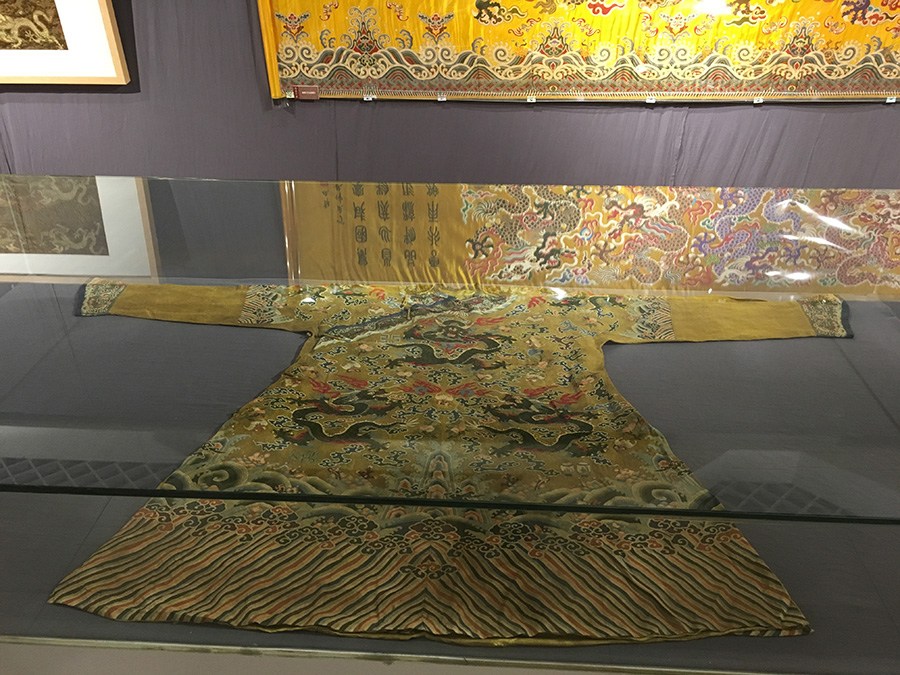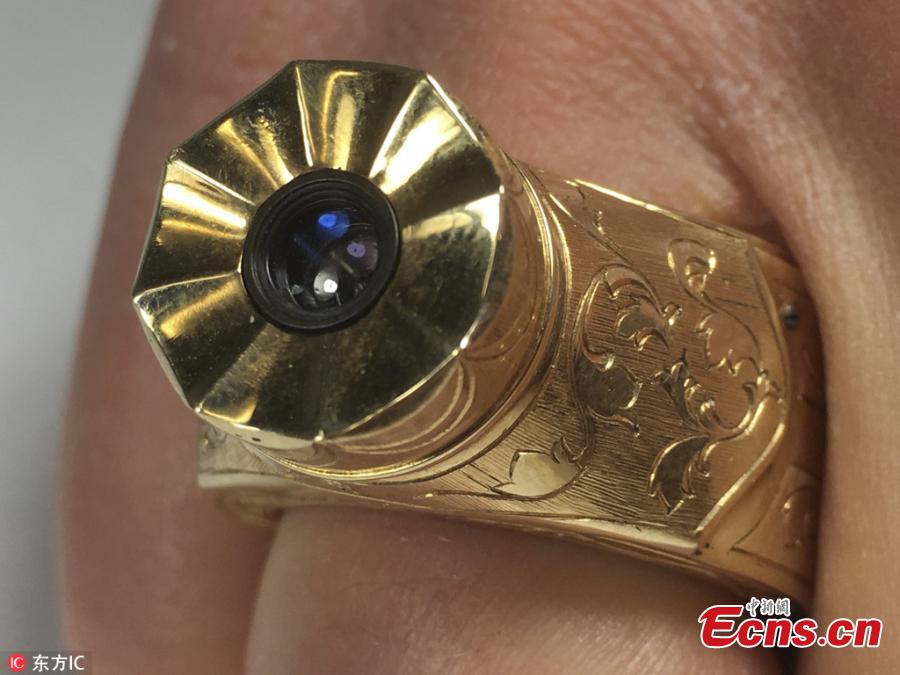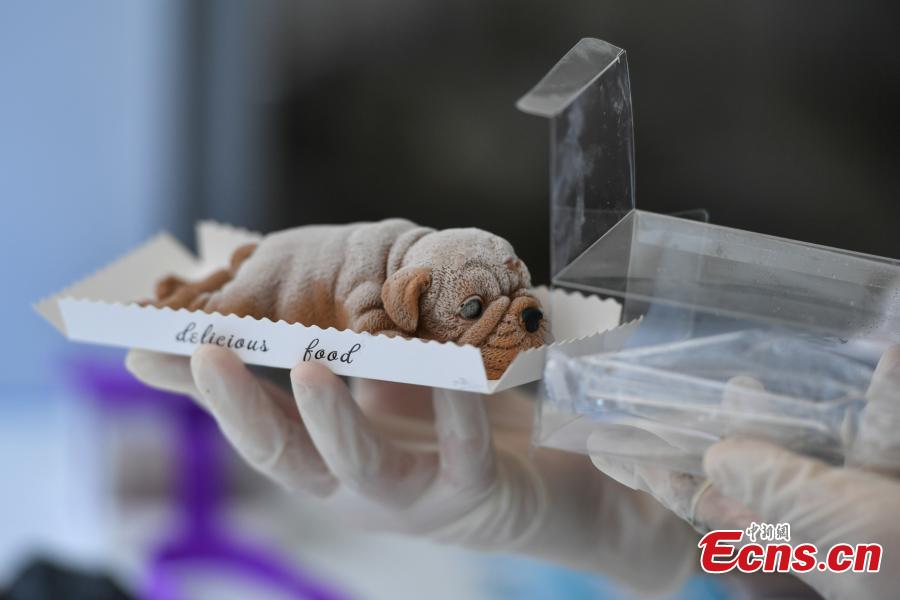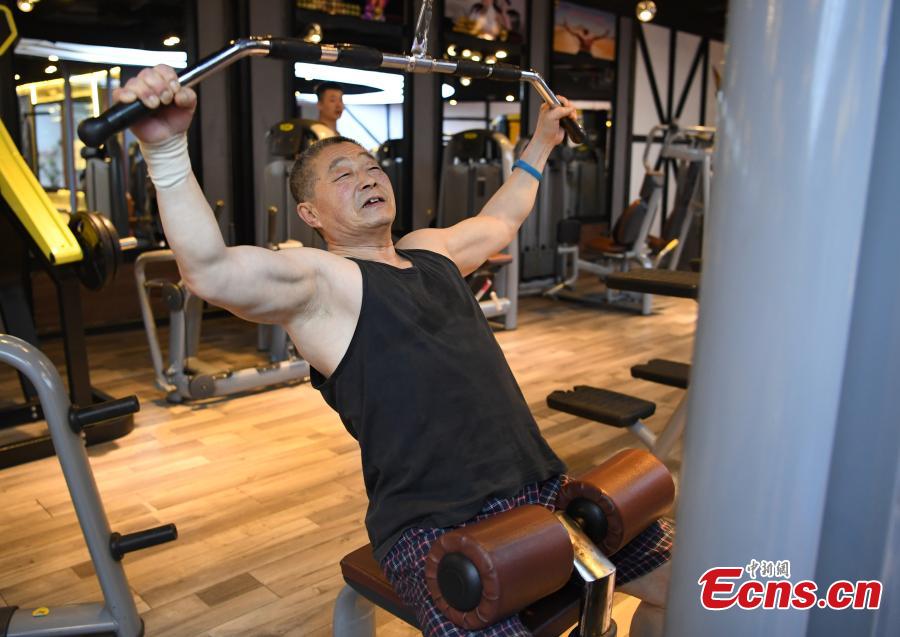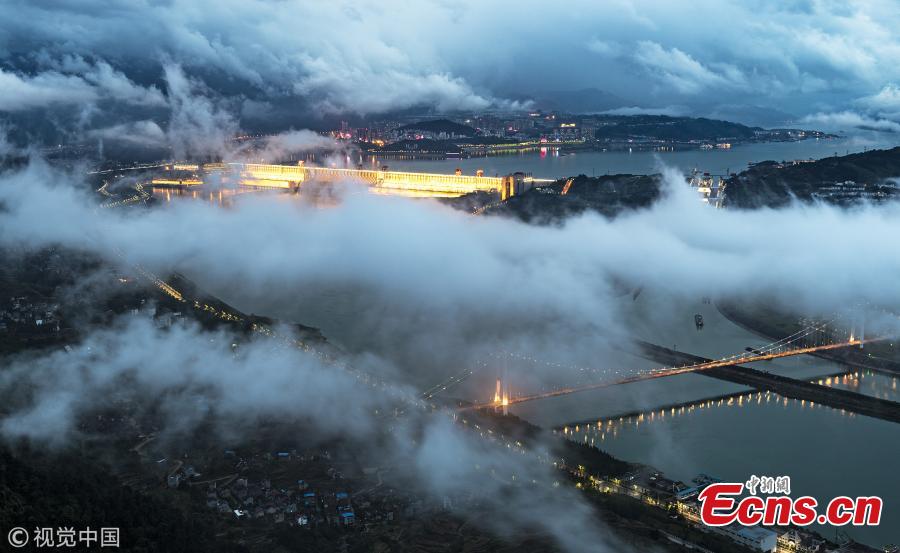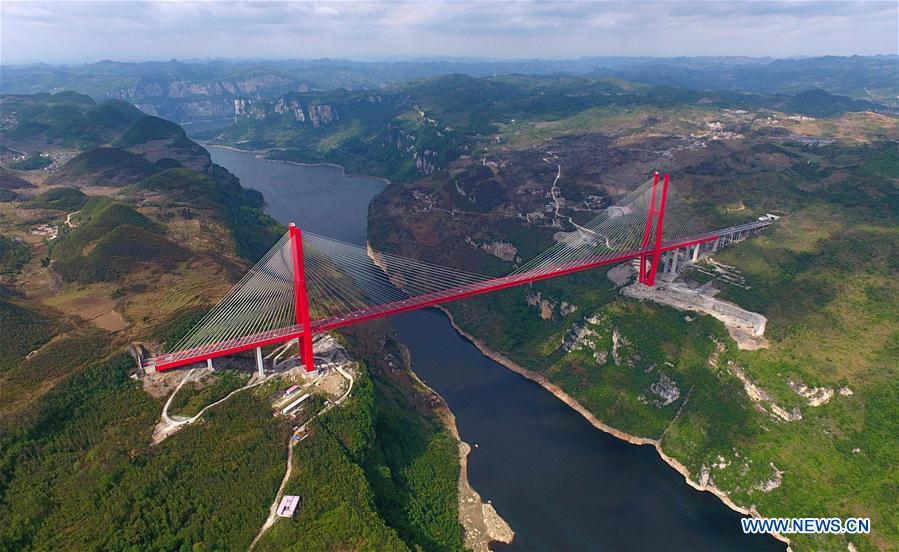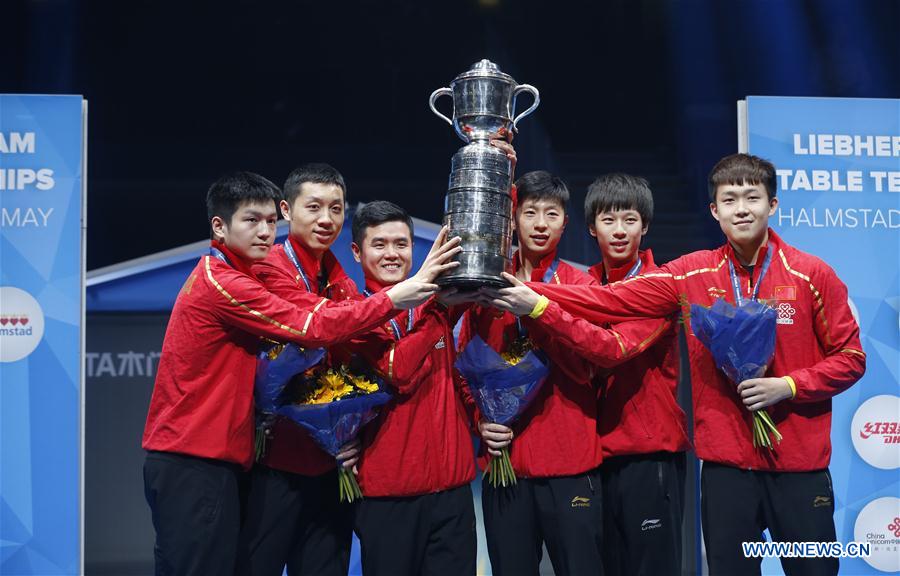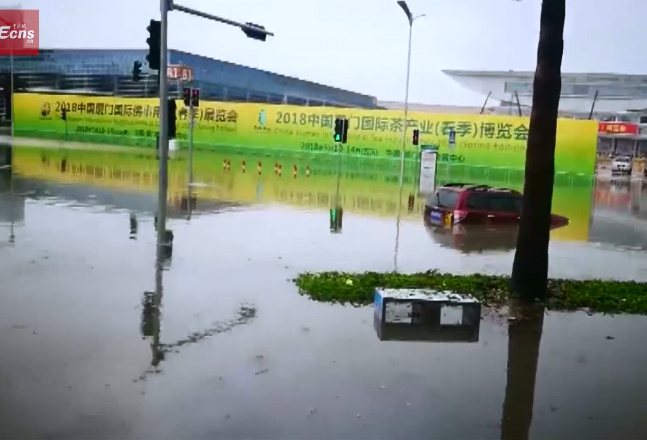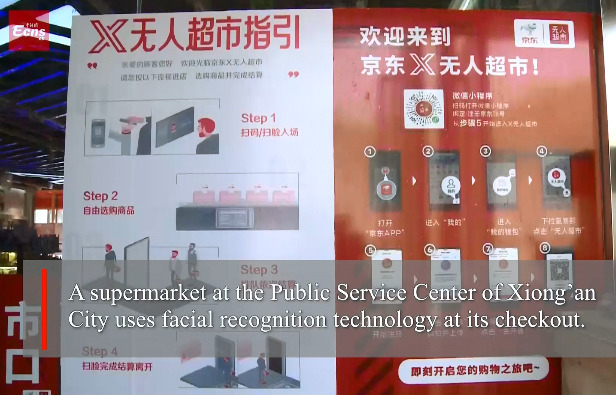China will enhance strength in science and technology in the coming years to create more opportunities for itself and the world.[Special coverage]
"China will do more to implement the innovation-driven development strategy", Premier Li Keqiang said Monday when delivering a government work report at the first session of the 13th National People's Congress.
Li said that application-oriented basic research would be strengthened, a number of science and technology innovation programs be launched, and a number of top national laboratories be set up this year.
During the 19th National Congress of the Communist Party of China in October, President Xi Jinping said innovation was the primary driving force behind development and the strategic underpinning for building a modernized economy.
China aims to make itself a country of innovators, according to Xi.
At a press conference held Saturday on the sidelines of the session, Wan Gang, minister of science and technology, said China is taking a leading position in strategic hi-tech sectors.
Major achievements include the launch of the Tiangong-2 space lab, the Jiaolong deep-sea manned submersible, the Five-hundred-meter Aperture Spherical Radio Telescope (FAST), launch of dark matter probe satellite Wukong and the quantum science satellite Mozi, and the test flight for airliner C919.
China has also been the world leader in applications for invention patents for seven consecutive years. China's mainland held about 1.36 million such patents by the end of 2017, meaning on average 9.8 invention patents per 10,000 people, according to the State Intellectual Property Office.
Technological innovation has provided strong support for the nation's supply-side structural reform and significantly improved people's lives, Wan said, citing its role in mobile communication, pharmaceuticals, epidemic prevention, new energy vehicles as well as air pollution control and poverty alleviation.
In addition, hi-tech will be applied to judicial organs.
"China will speed up the construction of smart courts," said Chief Justice Zhou Qiang when delivering a work report of the Supreme People's Court to the session.
Courts will better use artificial intelligence, voice recognition, big data and other digital technologies to improve trial and social governance, Zhou said.
Meanwhile, China also shares its scientific and technological achievements with the world.
China has sent experts and medicine to Africa to help locals fight against Ebola and Zika virus, offering Chinese wisdom and strength to tackle infectious diseases globally, Wan added.
"The technological advancement in China serves the world and benefits all human beings, rather than posing a threat to others," said Yang Changfeng, a member of the 13th National Committee of the Chinese People's Political Consultative Conference (CPPCC).









